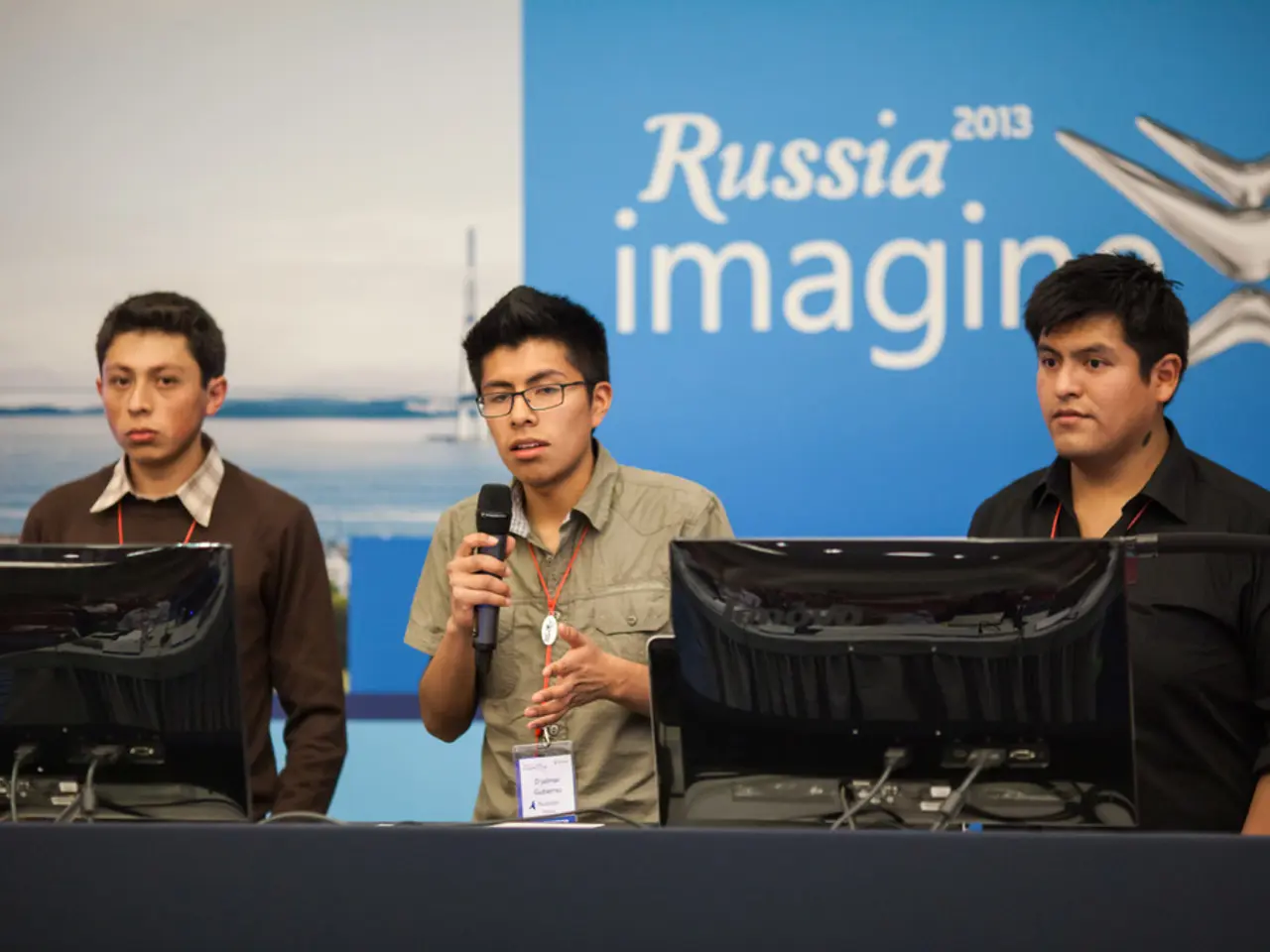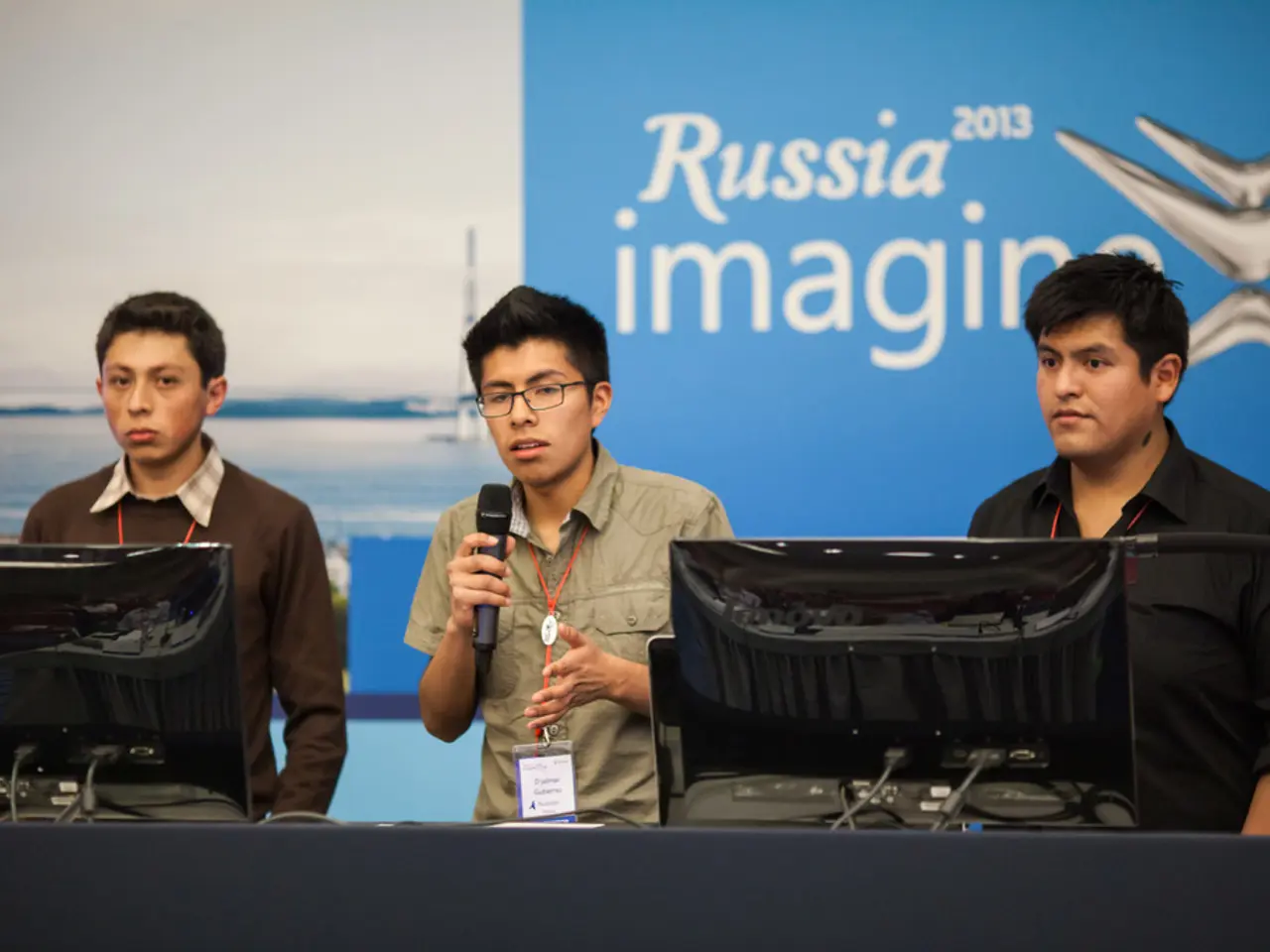Glaring Abuses of Human Rights by Russia in Ukraine, as Perceived by the European Court of Human Rights
In a landmark ruling, the European Court of Human Rights (ECHR) has found Russia accountable for the downing of Malaysia Airlines Flight MH17 in 2014, marking the first international judicial decision where Russia is officially held responsible for the tragic incident. The ECHR's decision also highlights widespread and flagrant abuses committed by Russia in Ukraine, including violations of the right to life, prohibition of torture, and many other human rights violations.
## Legal and Political Consequences
The ECHR's judgment against Russia carries significant legal and political implications. Russia is now officially recognised as responsible for the deaths of the 298 civilians aboard MH17, a violation of the right to life with no justification possible. The ECHR's findings also constitute an unprecedented condemnation of Russia's disregard for international legal standards since World War II.
The ECHR's decision obligates Russia to cooperate urgently in establishing an international mechanism for identifying and returning displaced Ukrainian children, recognising their illegal displacement and adoption as contrary to the Convention. The ruling increases diplomatic and public pressure on Russia, signalling to the international community the severity and systematic nature of its violations.
## Practical and Remedial Measures
While the ECHR can require states to pay compensation, enforce remedies, or take preventive measures, Russia's current non-compliance—having ceased to be a party to the European Convention on Human Rights in September 2022—compromises the enforcement of these measures. However, the ruling sets a powerful precedent for future international legal actions and may inform other accountability efforts, such as the International Criminal Court or national courts.
## Broader Implications
The judgment is considered historic, especially for Ukraine, the Netherlands, and all European states, reinforcing the importance of upholding international humanitarian law. However, since Russia is no longer subject to the Court's jurisdiction as of September 2022, direct enforcement by the ECHR is not possible. Nevertheless, the ruling serves as a definitive legal finding that can guide other international bodies and legal proceedings.
In May, the UN Civil Aviation Organization held the Russian Federation responsible for the downing of MH17, giving the Netherlands and Australia the right to seek legal consequences for the deaths of dozens of their citizens. An international investigation team attributed an active role to Kremlin chief Vladimir Putin in the downing of MH17 in 2023, although the evidence was not sufficient for criminal prosecution. In November 2022, two Russians and a Ukrainian were sentenced to life imprisonment in absentia for murder in 298 cases in the Netherlands.
The relatives of victims in the Netherlands expressed "great relief" that the court held Russia responsible for the MH17 crash. Dick Schoof, the managing director-president, called the ruling a "important step towards justice". Piet Ploeg, chairman of the association of relatives of the victims, stated that it is important that the ruling is seen by the whole world. The ECHR can still rule on incidents that occurred up to six months after the expulsion.
In conclusion, while Russia's withdrawal from the European Convention limits direct enforcement by the ECHR, the conviction establishes a firm legal precedent and moral condemnation for its actions in Ukraine. The ruling underscores the importance of upholding international humanitarian law and serves as a reminder of the consequences for disregarding such principles.
- The ECHR's decision increases the need for Russia to provide a service, such as cooperating urgently in establishing an international mechanism for returning displaced Ukrainian children, as part of remedying the human rights violations established in the ruling.
- The historic ruling against Russia on the downing of MH17, along with the subsequent findings from international bodies like the UN Civil Aviation Organization and the International Criminal Court, have significant implications for the broader political landscape, particularly in shaping public opinion and international politics regarding war-and-conflicts and general-news concerning Russia's actions in Ukraine.







